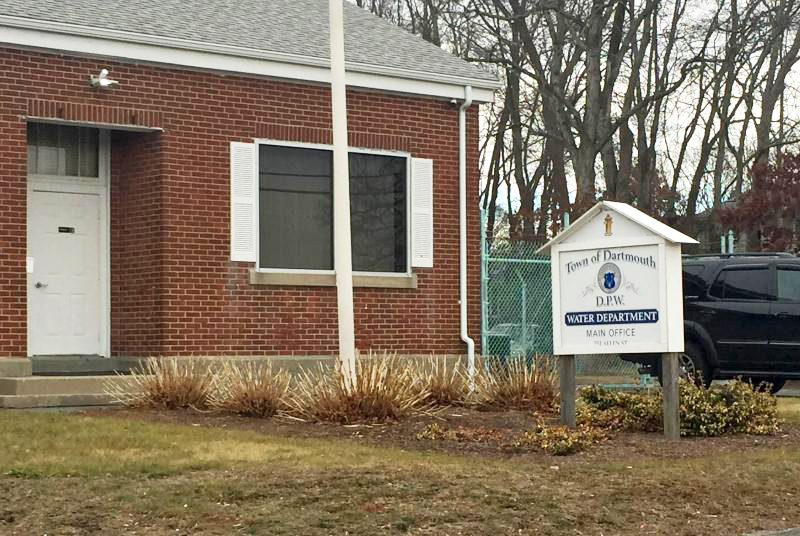Department of Public Works hikes water, sewer rates by five percent
Residents can expect a 5 percent increase in their bi-annual water and sewer bills this July, as decided at a Department of Public Works meeting on June 15.
The department said it raised prices to help offset costs following an expensive fiscal year.
“Due to inflation and the consistent increases in materials, chemicals, fuel and services, we are unfortunately forced to increase utility rates higher than normal,” said Director of Public Works Tim Barber.
Water billing also saw the minimum usage amount drop from 1,400 cubic feet of water to 1,200 cubic feet. That means residents will be charged the minimum rate for any water usage under 1,200 cubic feet. Public Works expects that the minimum usage amount decreasing will impact about 100 houses.
Barber explained that this is not only a way to increase the department's revenues but also a way to encourage water conservation, as the impacts of climate change continue.
The sewer rates received no change to the minimum usage amount, which is currently at 1,000 cubic feet.
“We weren’t thinking of moving that minimum down because that’s already really low,” said Barber.
The department originally proposed an 8 percent increase for water at a Select Board meeting days earlier.
“The 10 year average for utility rate increases is approximately three per cent.,” Barber said. “In trying to keep the rate increase from spiking too high, we were proposing an 8 percent increase [for water]. We chose to lower the minimum quantity and hold the increase to five percent.”
At the June 12 Select Board meeting, Select Board member Heidi Silva Brooks said it’s important to consider that there were a few years that Public Works did not raise their rates at all when looking at the high rate increases now.
She suggested that the department should have stuck with its three percent increases rather than needing this “huge, household breaking increase.”
Select Board member Shawn McDonald said he “understands the thought process” behind factoring in the years without any rate increases, but the steep rate hikes are still steep no matter the history.
Another reason for the price increase was the department purchasing about 50 percent of the town's water from New Bedford instead of the typical 30 percent.
“We produce our own water at approximately $800 per million gallons of water, and when we purchase water from New Bedford it’s around $8,500 per million gallons of water,” Barber said.
More water than usual had to be purchased because Public Works was making upgrades to their facility, which inhibited its ability to produce water.
Compared to nearby towns and cities, Dartmouth residents pay less for water and sewer on average.
According to the Department of Public Works, the average residential water bill for the town in 2023 was $252.50, whereas Falmouth residents pay on average $376, Fall River residents pay on average $455.84 and New Bedford residents pay on average $484.52.
The average sewer bill in Dartmouth was also lower in most cases, the department said.













